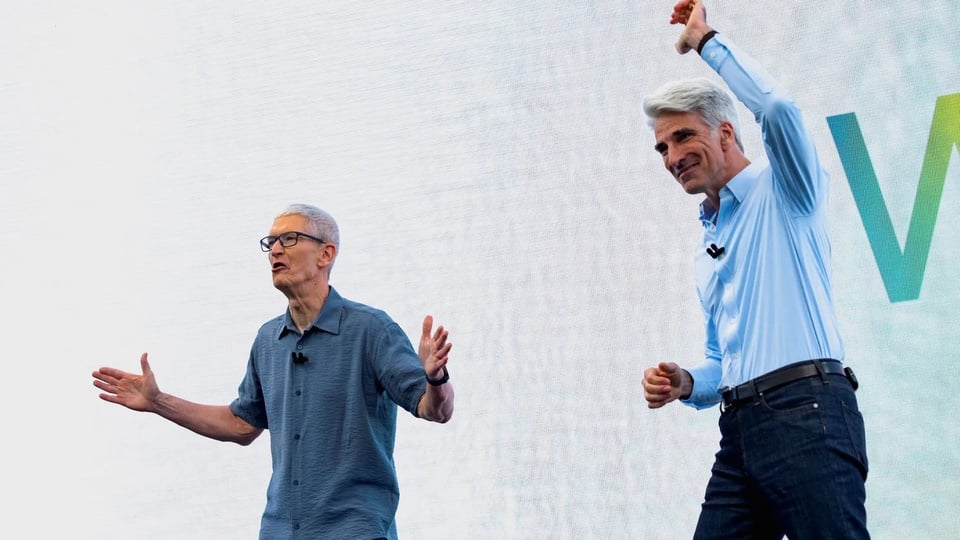 |
Apple leaders at the WWDC25 event. Photo: Reuters . |
Wall Street analysts are concerned about Apple’s position in the AI race. Among the Magnificent Seven, the largest companies in the United States, the company’s stock price has fallen more than 15% as of July 29, placing it second to last.
Meanwhile, competitors continue to release large databases, with powerful hardware. Apple currently depends on revenue from smartphone sales, which is likely to be replaced in the near future.
Slow in the AI race
Apple has disappointed users and investors by refusing to share more about its AI strategy. In contrast, rival OpenAI has taken a more aggressive stance. The company acquired the startup of former Apple design chief Jony Ive and said it is developing new hardware devices.
Analysts worry that Apple’s AI position could hurt iPhone sales, which are still strong. “We believe Apple still has more than a year to come up with a compelling solution,” TD Cowen analyst Krish Sankar wrote.
Still, Apple won’t be overly concerned about AI in its third-quarter earnings report. The company will likely focus more on the $40 billion in revenue it expects from the iPhone, according to FactSet estimates. Services revenue is expected to grow about 11% to $26.8 billion , more than double the company’s overall growth rate.
iPhone users are still quite satisfied with the quality and ability to integrate and link many features in the ecosystem. Therefore, the company still has time to make up for the AI aspect, as an important computer hardware manufacturer.
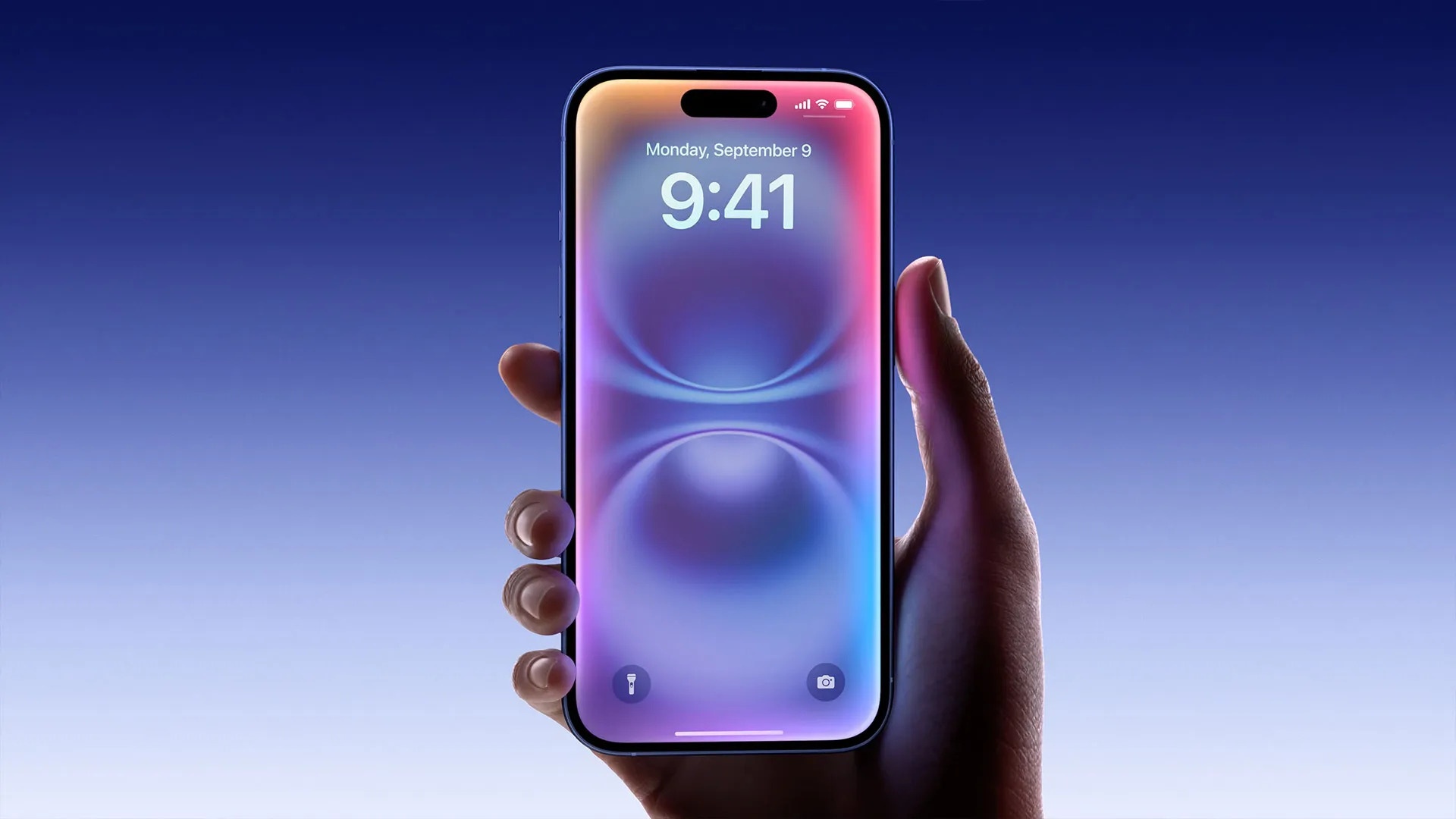 |
The new version of Siri, part of Apple Intelligence, has been delayed until 2026. Photo: Apple. |
Deepwater Asset Management founder Gene Munster believes that the pressure on Apple in the AI space next year will not be too great thanks to the steady revenue of the iPhone, Mac and Apple Watch. In addition, competitors such as Google's Android have yet to find a truly unique AI feature.
According to CNBC , in the eyes of investors, Apple missed an opportunity to take advantage of the AI wave. In mid-2024, Apple launched a series of features such as email and message summaries, emoji-like image creation, and a redesigned visual interface for its virtual assistant Siri. All of which were grouped under the Apple Intelligence brand.
However, a more flexible version of Siri, considered a key feature, was delayed earlier this year and is not expected to be released until 2026. Initially, experts hoped that Apple’s intelligence would encourage users to stop procrastinating and buy new devices because of the AI features. But those sales have not materialized.
iPhone sales falter
According to a survey by Consumer Intelligence Research Partners, the majority of people who will buy a new iPhone in 2024 will do so because their old device is no longer working well. Only 13% of respondents this year said they bought a new phone because of new features, including AI.
Eddy Cue, Apple’s head of services, acknowledged that the company is fully aware of the risks. “You may not need an iPhone in 10 years. It sounds crazy, but it’s possible,” Cue said.
Apple’s AI rivals in the future are likely to come from Google, with its Android operating system, and AI devices that use new forms of interaction, such as voice assistants, without necessarily having screens. OpenAI has announced plans to launch such devices. Many startups are also experimenting with new form factors, such as pins, straps, or smart glasses, such as Meta’s Ray-Ban.
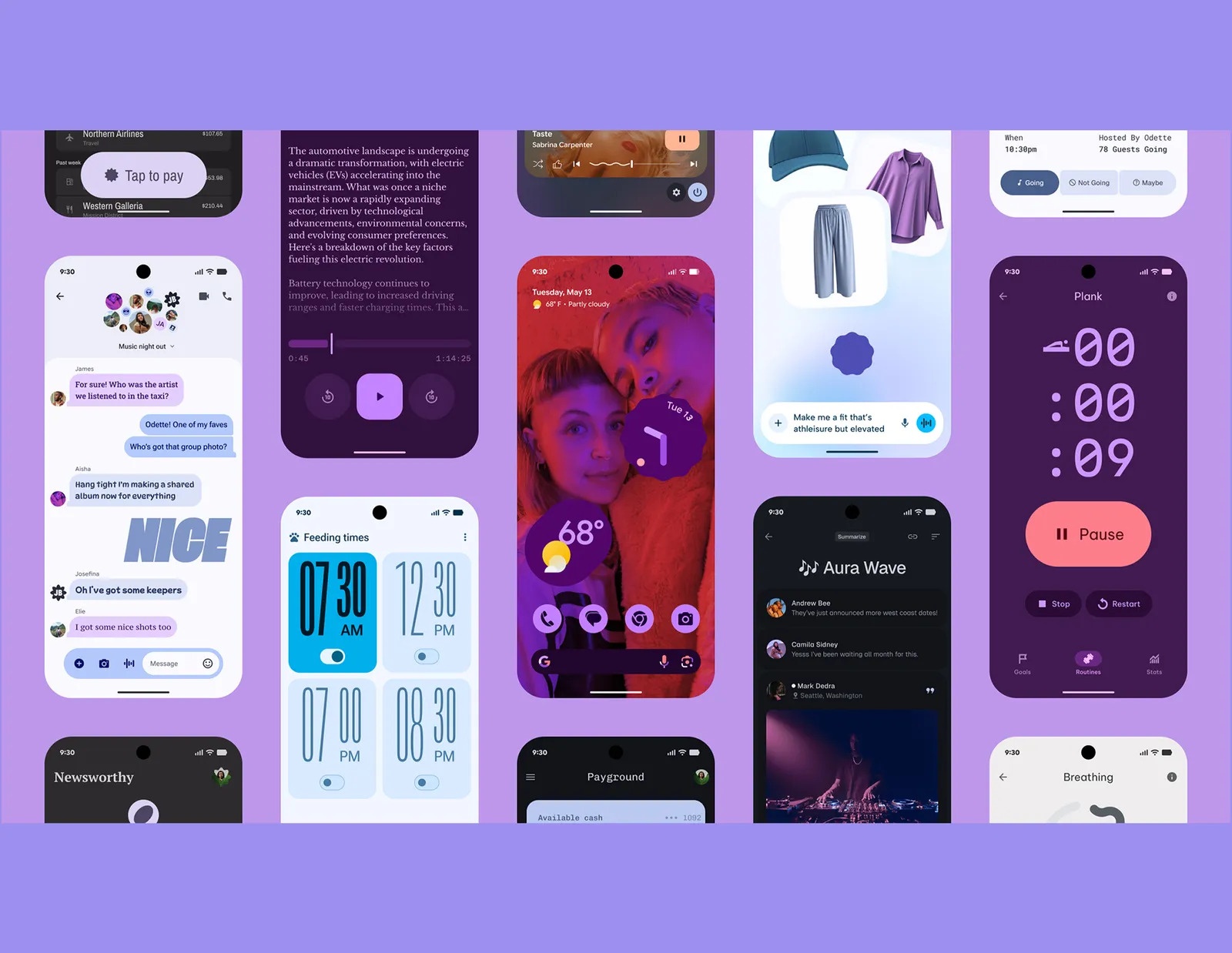 |
The latest Android 16 version has AI integrated throughout. Photo: Google. |
Meanwhile, Google is working to integrate its Gemini virtual assistant into the Android operating system. Users of Android 16, the latest version, can use Gemini to control apps, including Google Maps and YouTube.
Users can ask Gemini to create a to-do list based on instructions in the YouTube app, something Siri can't do right now. Even Google CEO Sundar Pichai has admitted that it could be a few years before any AI-focused device can truly replace the smartphone.
Apple needs to step up its game in AI, according to Needham analyst Laura Martin, who believes the company is one to two years behind rivals, including Google, in the field of artificial intelligence.
OpenAI is perhaps Apple’s biggest rival in AI after partnering with Jony Ive, with Gene Munster predicting the company’s devices will be available and mass-produced and distributed to customers by 2026.
Source: https://znews.vn/apple-doi-dien-suc-ep-lon-post1573099.html






















































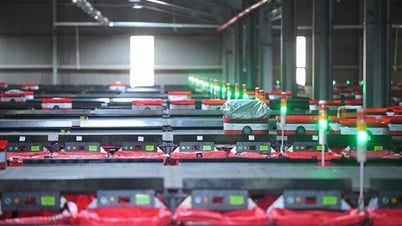










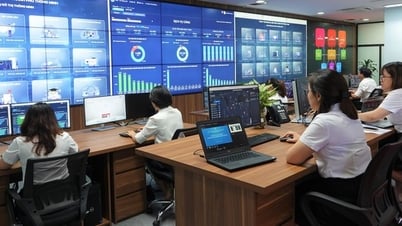





































Comment (0)